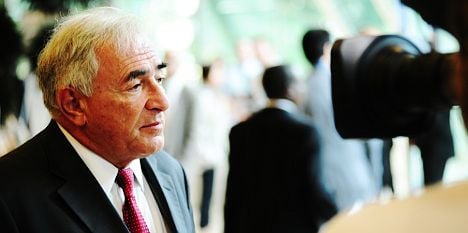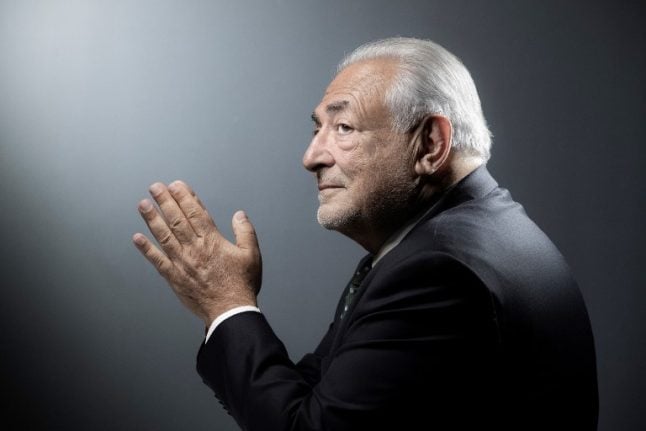Nafissatou Diallo, a 32-year-old immigrant from the West African country of Guinea, says the man once seen as a favorite for the French presidency forced her into oral sex and tried to rape her on May 14 in his New York hotel suite.
She and her attorney Kenneth Thompson are due to meet New York prosecutors at 3pm (1900 GMT), for a meeting which Thompson himself said he believed was called to tell Diallo that all or some of the charges would be dropped.
“My interpretation of that letter is that they’re going to announce that they’re dismissing the case entirely, or some of the charges,” Thompson told The New York Times on Saturday, referring to the letter summoning Diallo.
“If they were not going to dismiss the charges, there would be no need to meet with her,” he added.
Speculation that the explosive case would come crashing down heated up at the weekend, with the New York Post, citing sources close to Manhattan District Attorney Cyrus Vance, reporting that he would move for a dismissal.
Strauss-Kahn is due in New York state court on Tuesday, when Vance is to tell the judge how he wants to proceed.
The Post said that in his motion to dismiss, Vance will review the findings of his months-long investigation, including previously undisclosed information, that raised questions about Diallo’s credibility.
Prosecutors refused to comment on the swirling speculation over the weekend.
Thompson nevertheless said on Sunday that Diallo’s court battle was not over yet, telling AFP: “I am not sure what is going to happen, but we hope the DA will stand by Mrs Diallo.”
He added: “She is still very depressed over the turn of events… She wants justice in this case.”
Unless there is a postponement, two main options remain for Tuesday’s hearing: prosecutors telling the judge they plan to go ahead with the case, or prosecutors moving to dismiss charges.
If there is a motion to dismiss, and it is immediately granted by the judge, the 62-year-old former managing director of the International Monetary Fund could be free to return to France.
Strauss-Kahn has pleaded not guilty to all charges against him including “criminal sexual act, unlawful imprisonment, and attempted rape.” He is currently free on bail, but his passport has been confiscated.
Earlier this month, Diallo filed a civil suit against Strauss-Kahn seeking unspecified damages.



 Please whitelist us to continue reading.
Please whitelist us to continue reading.
Member comments